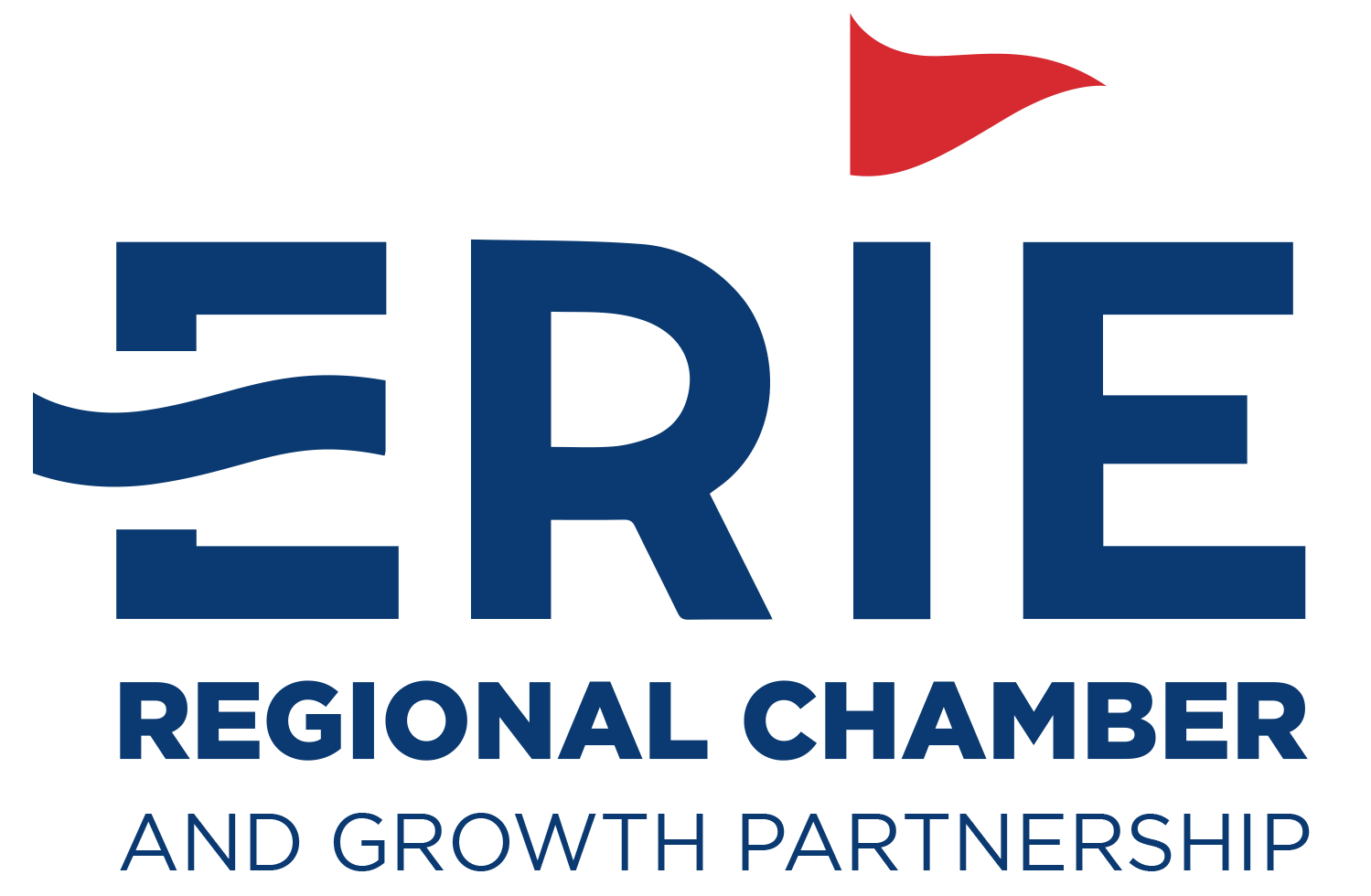My Benefits Advisor: The Advantage of a Well-Designed Communication and Education Strategy in Employee Benefits
Few business owners would disagree that a comprehensive employee benefit program plays a critical role in the acquisition and retention of key talent, fostering employee well-being and contributing to the overall success of a company. To ensure that employees can fully understand and appreciate the value of these offerings, effective communication and education is paramount.
The importance of education and communication in employee benefit programs cannot be understated. Clear, targeted, and engaging communication combined with robust education initiatives can maximize the impact of benefit programs, enhance employee satisfaction, and drive positive health outcomes.
Comprehensive and transparent communication is fundamental in ensuring that employees are well informed about their benefit options. Employers should provide accessible, concise, and easy to understand information that clearly outlines the benefits available, eligibility criteria, enrollment procedures, and any changes to existing plans. By utilizing a variety of communication methods, such as emails, intranet portals, webinars and in-person meetings, employers can reach all employees regardless of their level of benefit knowledge and proactively address potential areas of concern or confusion. Transparent communication fosters trust and empowers employees to make informed decisions about their benefits, increasing overall program participation and satisfaction.
Similarly, a sound education strategy is essential to help employees fully understand the value and purpose of the benefits being provided by their employer. Offering educational resources, such as workshops, seminars, webinars, and other informative materials, provides a means for employees to more adequately grasp the intricacies of their benefit packages. These initiatives can explain the importance of various benefits, outline coverage details, highlight cost-sharing responsibilities, and provide examples of how benefits can be utilized effectively. By equipping employees with this knowledge, organizations empower their workers to make informed decisions, maximize the use of available benefits and appreciate the investment made by the company in employee well-being.
Both communication and education efforts should be continuous and not limited to initial onboarding or open enrollment periods. Employers should establish a continuous feedback loop by seeking employee input and regularly communicating updates, enhancements, and new offerings within the benefits portfolio. This approach ensures that employees remain engaged, informed, and provides the greatest opportunity for a substantial return of investment on benefit dollars spent. Additionally, conducting regular program evaluations and soliciting employee feedback through surveys or focus groups enables organizations to identify areas for improvement and make necessary adjustments to better align benefits to match employee needs and expectations.
The Erie Regional Chamber and Growth Partnership offers its members access to My Benefit Advisor as a solution for employee benefits, including voluntary offerings. For more information about My Benefit Advisor, visit our website at erc.mybenefitadvisor.com or contact Deborah Evans at (800) 377-3539.


Responses